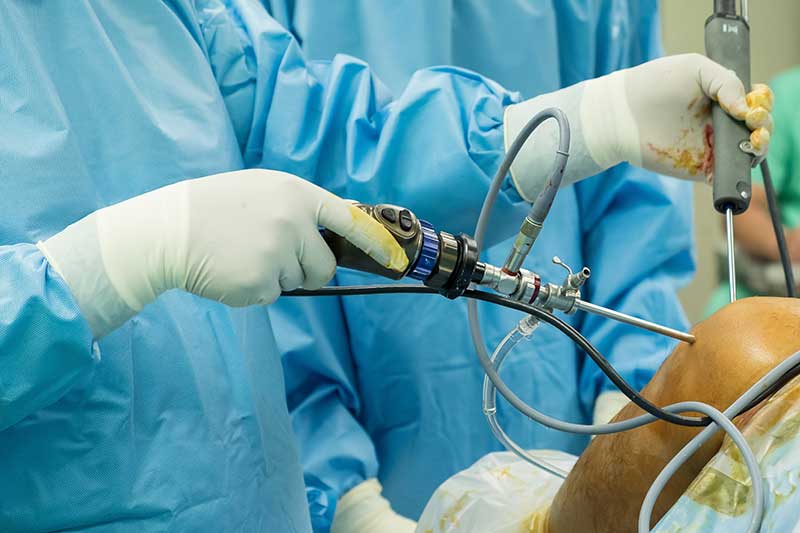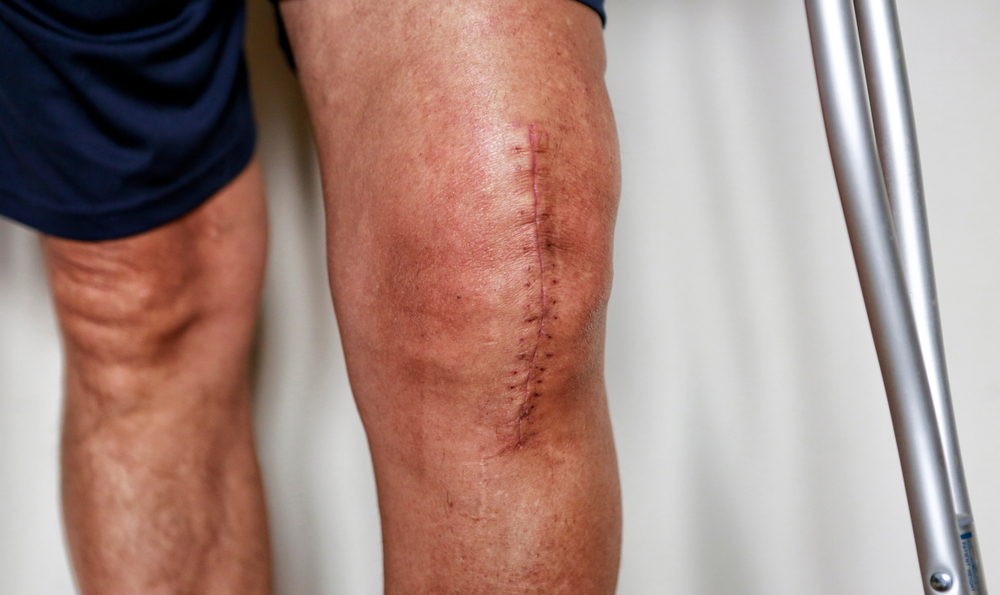Knee replacement surgery, also known as knee arthroplasty, is a highly successful procedure that offers relief to individuals suffering from chronic knee pain and disability. While the surgery is generally safe, one of the significant concerns in knee replacement procedures is the risk of infection. Infection after knee replacement surgery can lead to serious complications, prolonged recovery, and even the need for additional surgeries. To minimize infection risks in knee replacement surgery, a comprehensive and proactive approach is essential. Healthcare professionals, including the best knee replacement surgeon in Chandigarh, employ several key strategies to reduce the likelihood of infection:
1. Preoperative Evaluation:
A thorough preoperative assessment is crucial in identifying any existing infections or risk factors that may increase the chances of post-surgery infection. The patient’s medical history, including any previous joint infections or chronic medical conditions like diabetes or immunosuppression, is carefully evaluated. If any infections are present, they must be appropriately treated and resolved before proceeding with knee replacement surgery.
2. Antibiotic Prophylaxis:
Antibiotic prophylaxis is a vital preventive measure in knee replacement surgery. Administering antibiotics before and after the procedure helps reduce the risk of infection. The choice of antibiotics is based on the patient’s individual needs and the surgeon’s preferences, and adherence to the prescribed antibiotic regimen is critical.
3. Surgical Environment:
Maintaining a sterile surgical environment is crucial in preventing infection. Operating rooms are equipped with strict infection control protocols, and all surgical team members follow rigorous hand hygiene and wear appropriate surgical attire to minimize the introduction of harmful bacteria during the procedure.
4. Surgical Technique:
The surgical technique plays a vital role in infection prevention. Surgeons use meticulous sterile practices and modern surgical approaches, including minimally invasive techniques, to minimize tissue trauma and reduce the risk of infection.
5. Implant Selection:
The choice of knee implants is essential in reducing infection risks. Surgeons use high-quality, proven implant materials and designs that have a lower risk of causing infections or promoting bacterial adhesion.
6. Postoperative Care:
Comprehensive postoperative care is crucial to ensure the surgical site heals properly and to monitor for any signs of infection. Patients are educated about wound care, signs of infection, and the importance of following the prescribed postoperative instructions.
7. Early Mobilization:
Early mobilization and physical therapy are encouraged to promote proper wound healing and reduce the risk of infection. Gradual, controlled movement helps enhance circulation and strengthens the surrounding muscles, improving the body’s ability to fight off potential infections.
8. Infection Surveillance:
Postoperative monitoring for signs of infection is critical. Any signs of redness, swelling, warmth, or drainage from the surgical site are promptly evaluated, and appropriate measures are taken if an infection is suspected.
Minimizing infection risks in knee replacement surgery requires a comprehensive and proactive approach that begins with thorough preoperative evaluation, continues through meticulous surgical techniques, and extends to vigilant postoperative care. By adhering to strict infection prevention protocols, healthcare professionals, including the Best Knee Replacement surgeon in Chandigarh, can greatly reduce the likelihood of post-surgery infections, allowing patients to experience the full benefits of knee replacement surgery and enjoy an improved quality of life.




